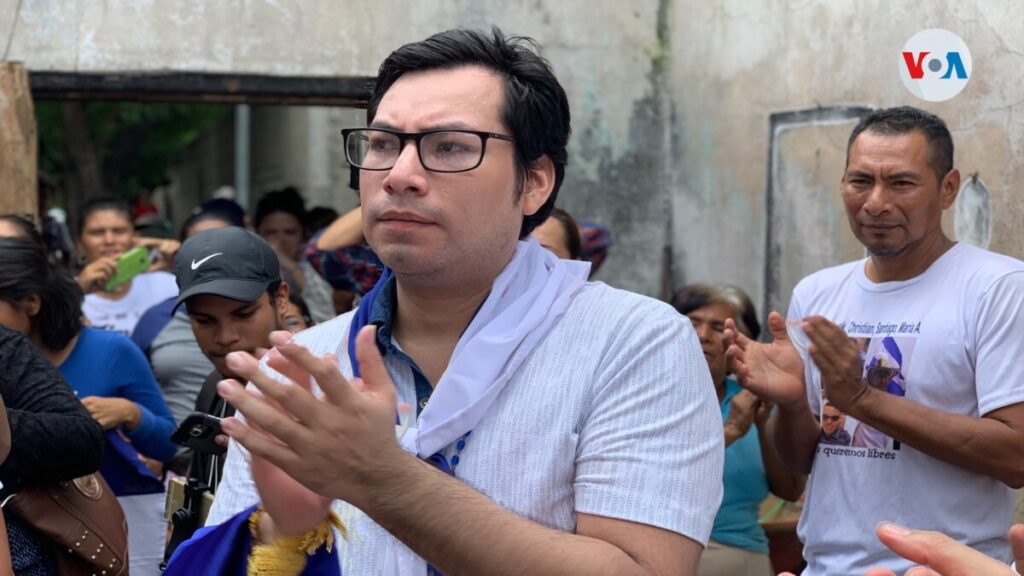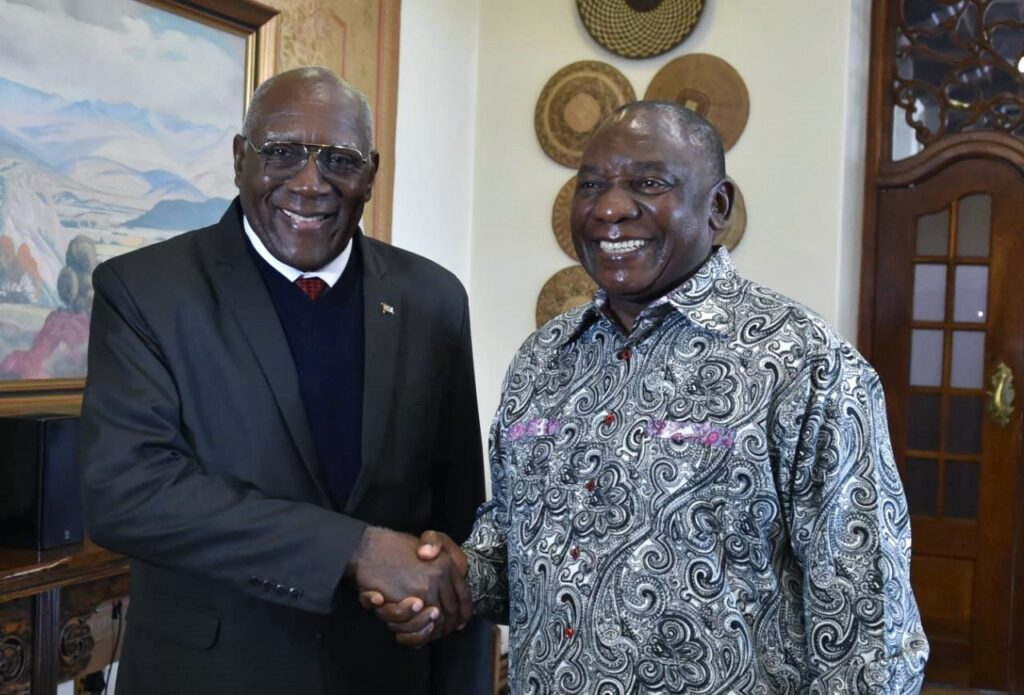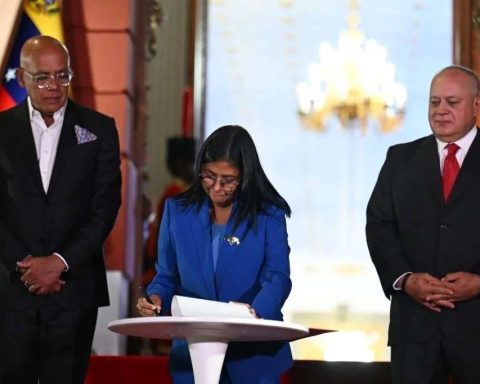Alonso Urrutia, Emir Olivares and Rocío González
Newspaper La Jornada
Wednesday, May 18, 2022, p. 5
Specialist doctors in Mexico are concentrated in large urban areas, so vacancies in marginalized areas are not covered, because there is reluctance to travel to those places, with the arguments of insecurity and distance, said the head of the Secretariat of Health (Ssa), Jorge Alcocer.
According to agency data, of the 135,000 certified specialists, 40 percent are concentrated in the state of Mexico and the country’s capital: 35,474.
The unit justified the hiring of specialized Cuban doctors to cover vacancies in remote regions. The undersecretary of Health, Hugo López-Gatell, affirmed that Mexico occupies the last places in the doctor-population correlation, of the Organization for Economic Cooperation and Development. This historical deficit is very noticeable and very impressive
which is why the agreement with Havana intends to correct this deficiency in the marginalized areas in the short term.
Alcocer reported the vacancies that have not been filled in those regions: in the IMSS-Well-being and in the ordinary IMSS there are 2,678, of which 510 have remained in that condition for three years, because the doctors do not want to go; 41 in the first and 469 in the second.
The deficit, pointed out López-Gatell, is exacerbated in cases such as pediatric oncology, of which, in public institutions we have less than two dozen specialists. We urgently need these personnel. That is the purpose of outsourcing, to have an immediate mechanism
. A strategic plan was initiated to reverse this condition that has been dragging on from past administrations, to double the training of doctors with some specialty.
During the presidential conference, the diagnosis of the Ssa was presented, which reflects contrasts. He refers that the international recommendation is that there be 230 specialists for every 100,000 inhabitants, a proportion that only Mexico City meets (385.2). Nuevo León (165) and Jalisco (134) report below world standards, but there are cases with a marked deficit: Chiapas, 32.2; Warrior, 37; Tlaxcala, 49.4, and Oaxaca 51.1.
The pandemic exacerbated the lag, since before the health crisis Mexico had 119 specialists for every 100,000 inhabitants, today it has 135,046, equivalent to 107.2 in that proportion. In other words, there was a drop due not only to covid-19, but also to the lack of recertification, among other reasons.
Doctors allege insecurity in principle, but they also do not seek to be in remote parts of the country, where they forget what is the main feeling and right that patients have to be treated wherever they are, and this is why they have to resort to other modalities, such as hiring from abroad
exposed Alcocer.

















